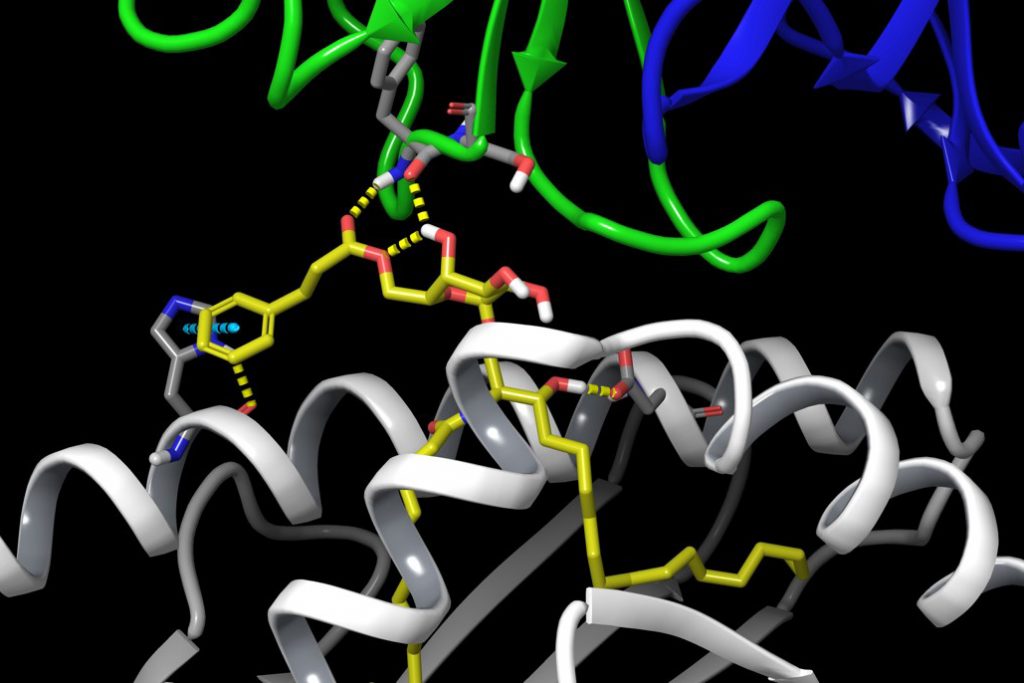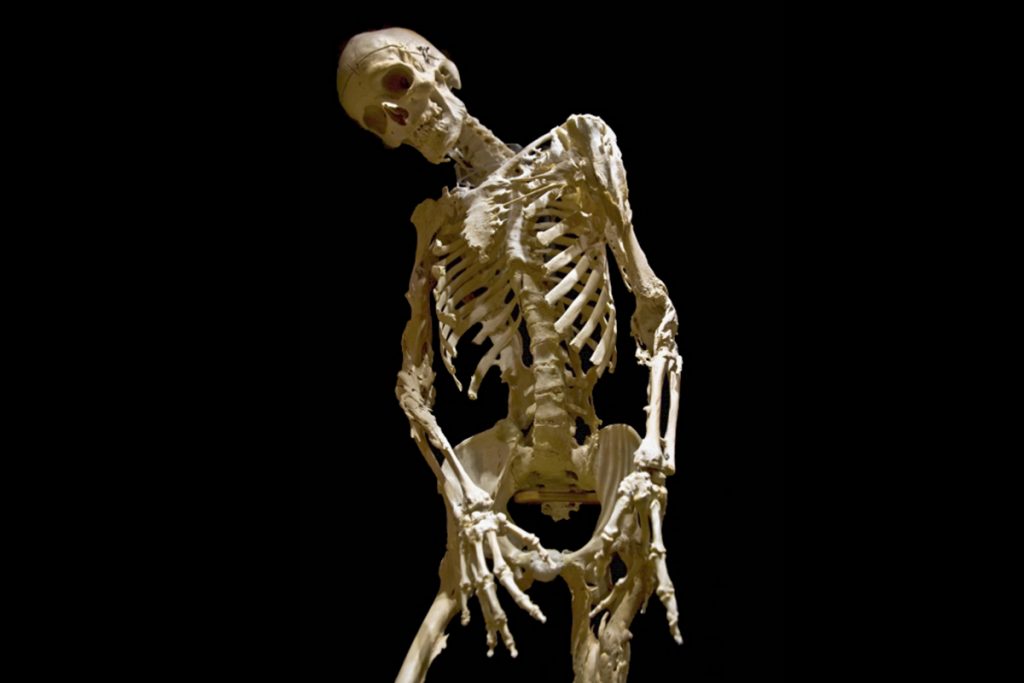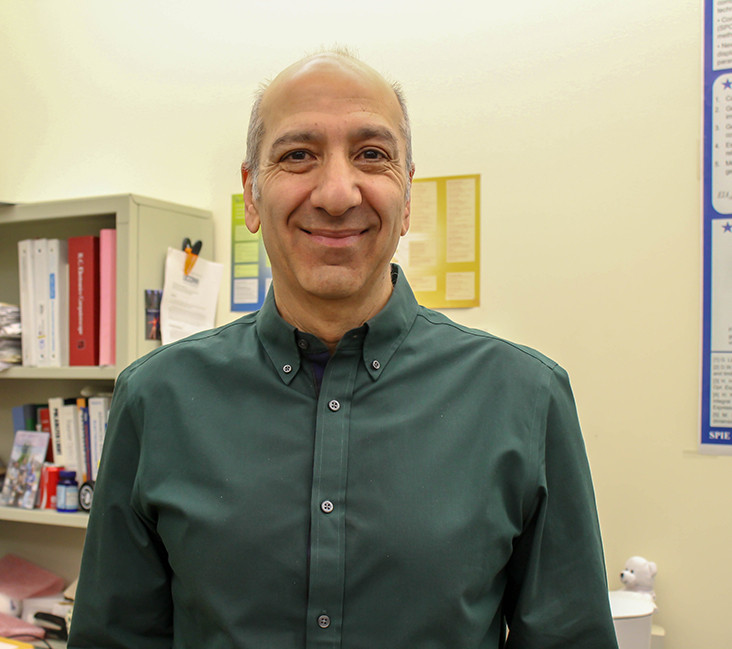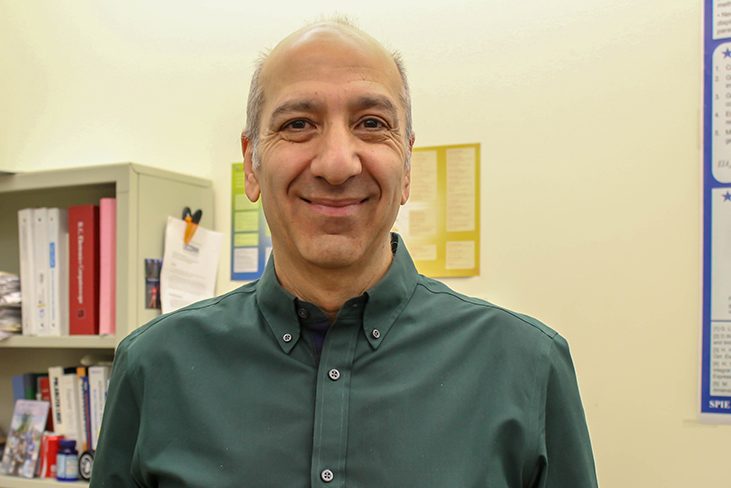Research & Discovery
New Compound Helps Activate Cancer-Fighting T Cells
UConn researchers have identified mechanisms responsible for improved immune system activity, offering new approaches for more effective cancer treatments and vaccines.
April 2, 2018 | Colin Poitras
How Privacy Concerns Drive Website Business Models
Limiting online privacy intrusion may be best accomplished through the invisible hand of the market itself, says business professor Ram Gopal.
March 28, 2018 | Ram Gopal, GE Capital Endowed Professor of Business, Department of Operations and Information Management
The Tragic Story of America’s Only Native Parrot
In a world that faces extinction on a scale not seen in the past 65 million years, some may wonder: Aren’t there more important things to study? Read what UConn postdoc Kevin Burgio says about why the Carolina parakeet matters.
March 28, 2018 | Kevin Burgio '10 (CLAS), Department of Ecology & Evolutionary Biology
Babe Ruth in a Kimono: How Baseball Diplomacy has Fortified Japan-US Relations
The sport has been a unifier, bringing together the people of two nations with vastly divergent histories and cultures. Opening Day is Thursday – play ball!
March 27, 2018 | Steven Wisensale, Department of Public Policy
Bones in All the Wrong Places
UConn researchers have shown how a mutation causes certain cells in muscle tissue to develop into cartilage and bone at injury sites.
March 27, 2018 | Kim Krieger
Meet the Researcher: Bahram Javidi, UConn School of Engineering
Learn more about this innovator and find out about some of the research projects underway in his Multidimensional Optical Sensing & Imaging Systems Lab (MOSIS).
March 26, 2018 | Jessica McBride, PhD
Meet the Researcher: Bahram Javidi, Electrical and Computer Engineering
Matchbox cars, fish tanks, mini soccer balls — looking around the Multidimensional Optical Sensing & Imaging Systems lab (MOSIS) in UConn’s School of Engineering, you might think you’re in a toy store. But the cutting-edge research conducted by Bahram Javidi, and his crew of student researchers is anything but child’s play. With these everyday items as […]
March 26, 2018 | Jessica McBride, PhD
SNAP Decisions: UConn Study Counters Food Stamp Misconceptions
A study by UConn Zwick Center researcher Shaheer Burney finds that, contrary to widespread beliefs, the SNAP program does not encourage poor eating habits.
March 26, 2018 | Elaina Hancock
UConn, Cadenza launch battery-tech research partnership
A Wilton-based battery technology designer, Cadenza Innovation, has inked a $700,000 three-year partnership with UConn energy researchers.
March 22, 2018 | Matt Pilon, Hartford Business Journal
Disclosing Too Much Info Can Harm Company’s Competitive Edge, Study Says
'The results lend support to corporate concerns about competitive harm caused by extensive disclosure,' says Ying Zhou at UConn.
March 21, 2018 | Claire Hall









